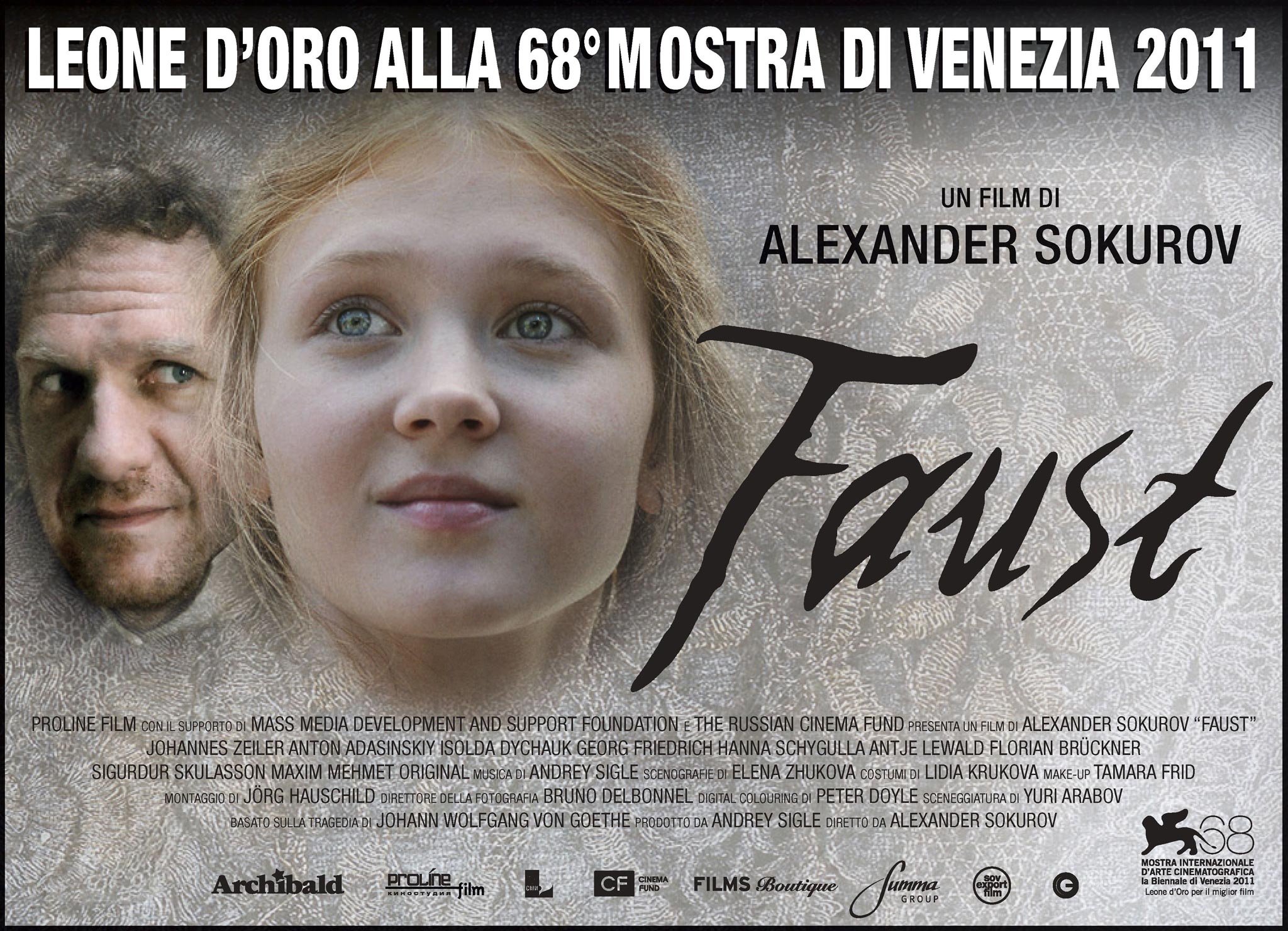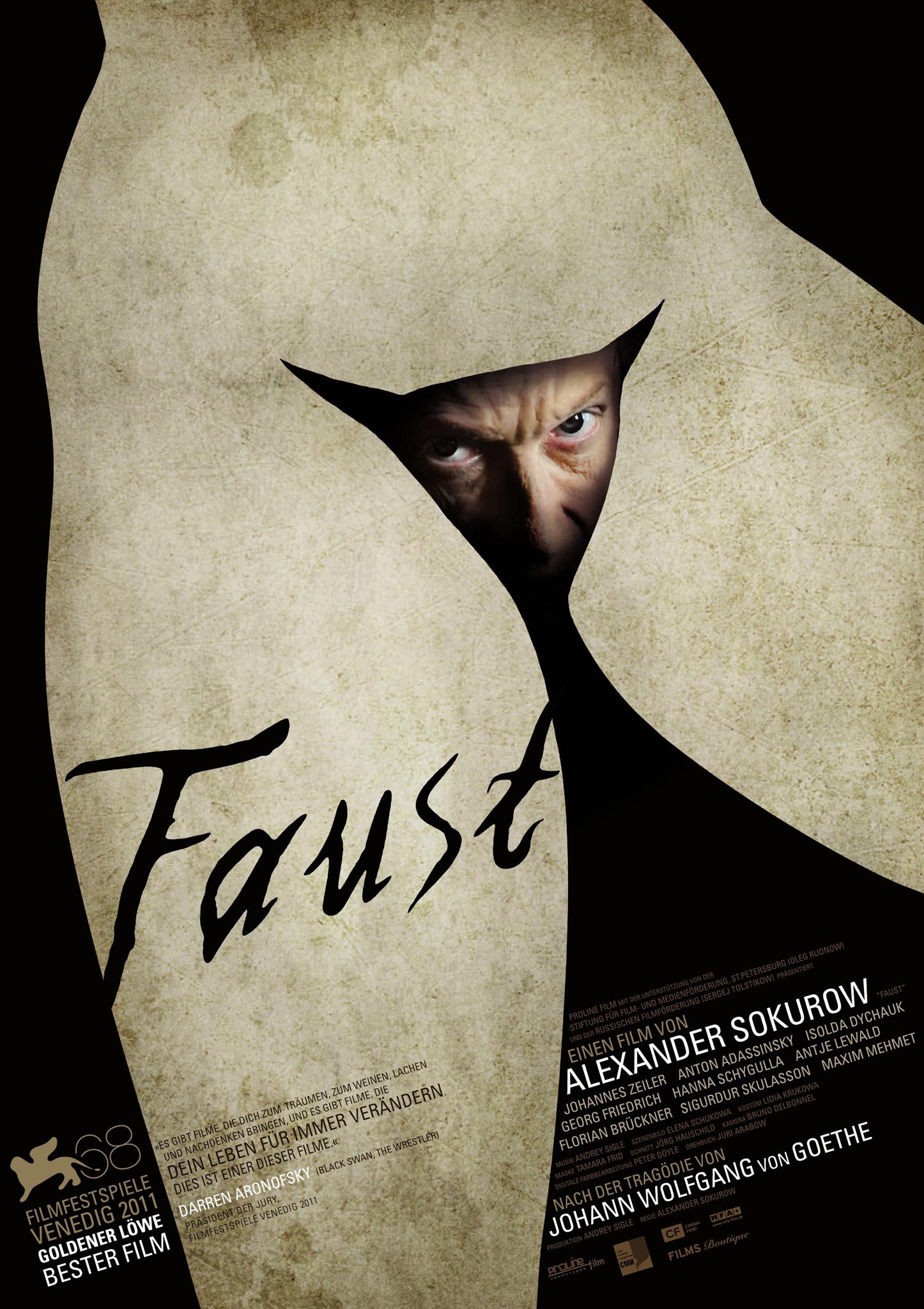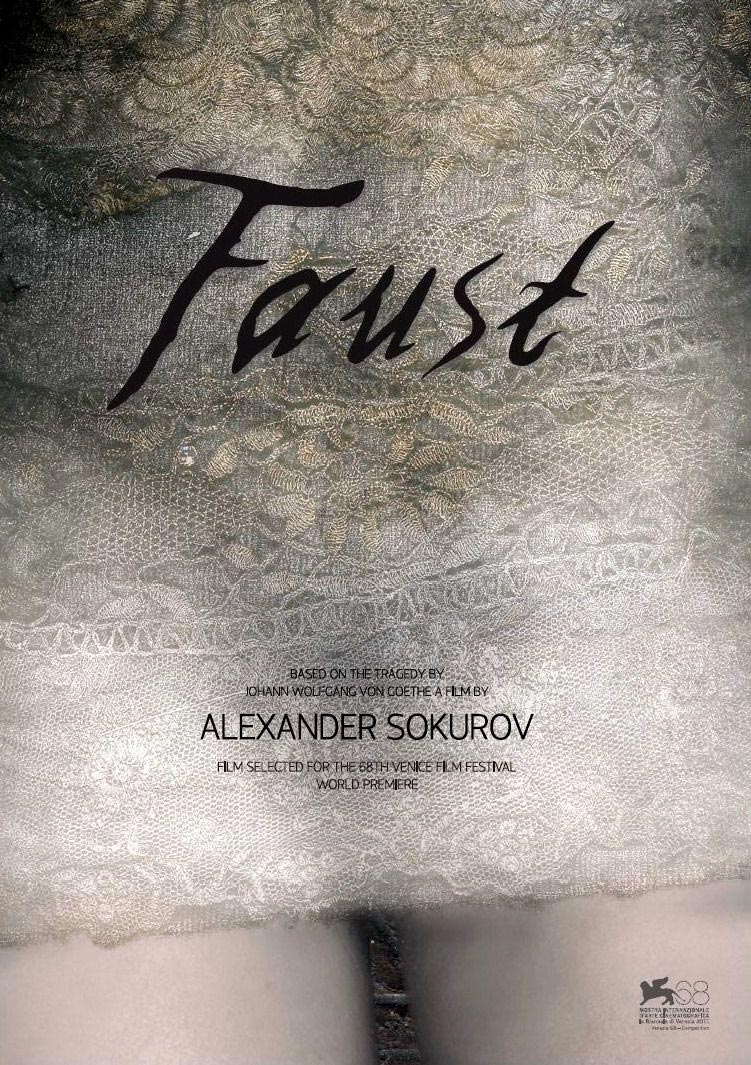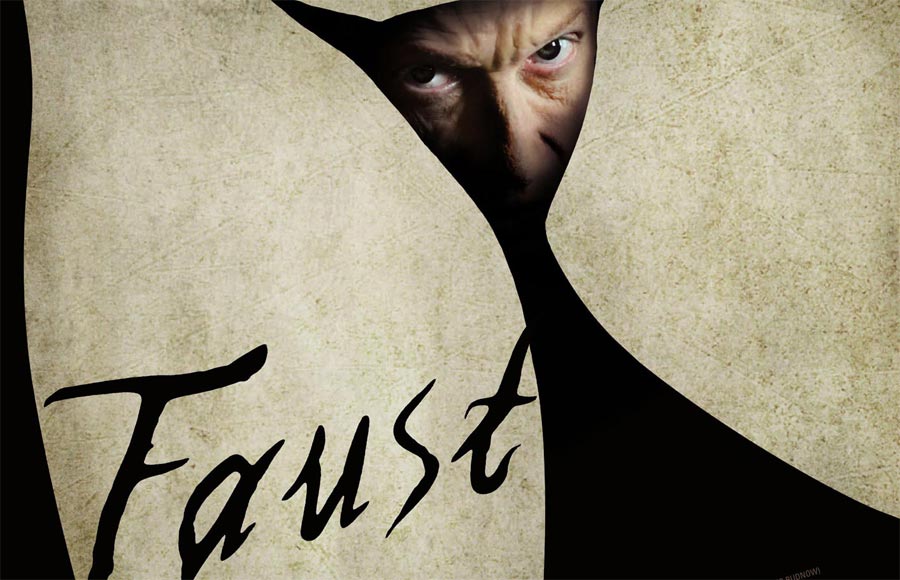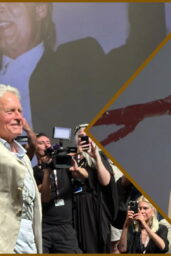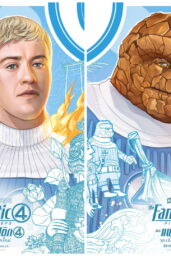The film's Faustian seeker is a professor, played by Johannes Zeiler who sells his soul for the love of Margarete (Isolda Dychauk). Also featured is the brilliant German actress Hanna Schygulla as the “moneylender's wife.
The film won the Golden Lion at the 68th Venice International Film Festival.
Dense and difficult to watch, “Faust” was nevertheless one of the critics' top choices among the 23 in-competition films at Venice this year. It marks the final chapter in Sokurov's four-film look at the relationship between man and power that began with “Moloch” in 1999 about Hitler, “Taurus” a year later about Lenin and the 2005 film “The Sun” about Japanese Emperor Hirohito.
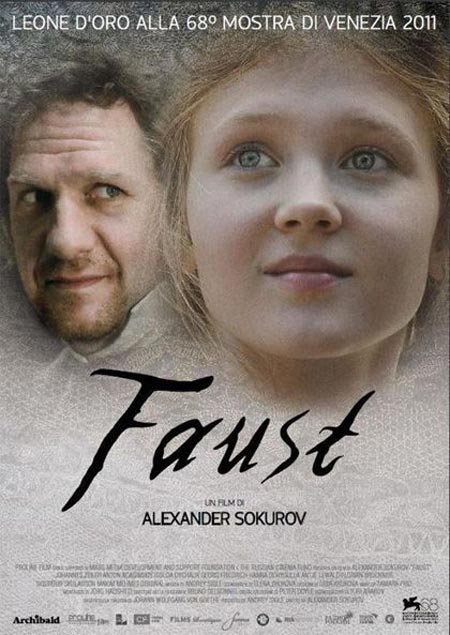
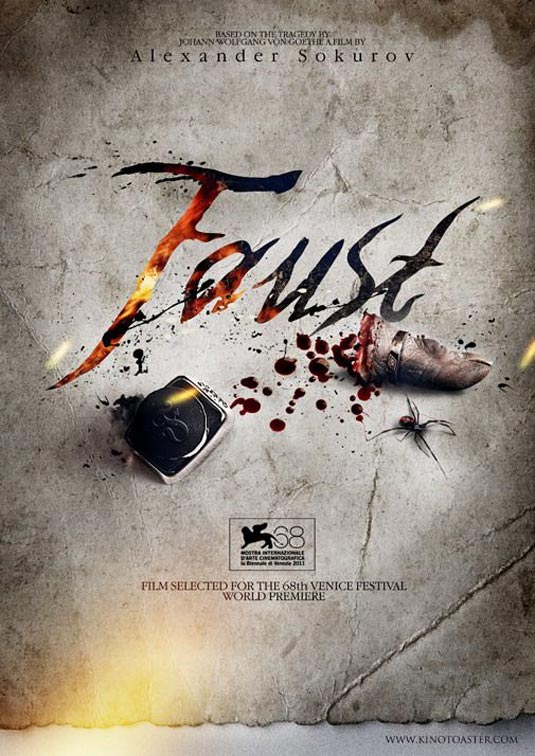
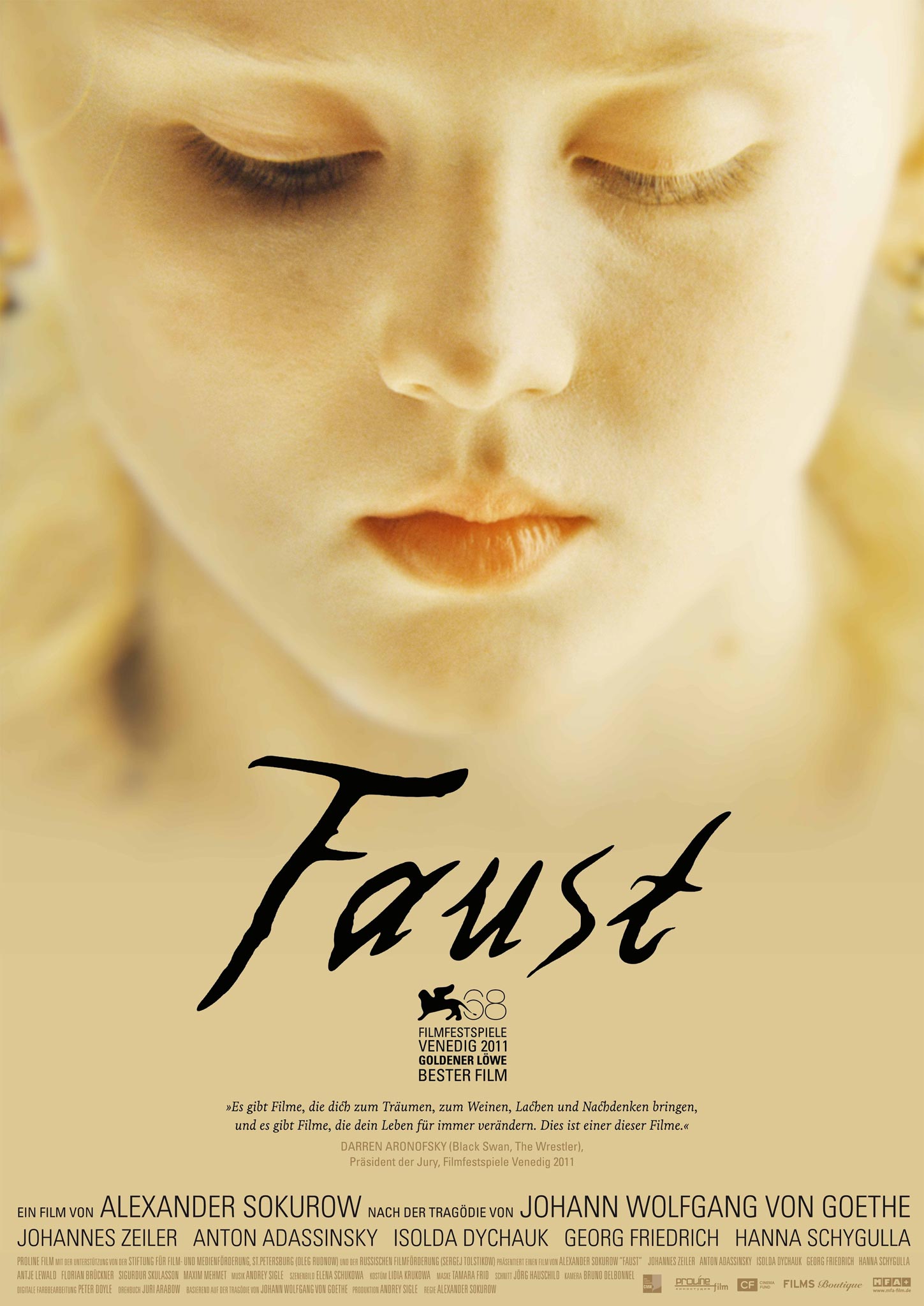
Here's the official synopsis for the film:
Sokurov's Faust is not a film adaptation of Goethe's tragedy in the usual sense, but a reading of what remains between the lines. What is the colour of a world that gives rise to colossal ideas? What does it smell like? It is stuffy in Faust's world: earthshaking plans are born in the cramped space where he scurries about. He is a thinker, a mouthpiece for ideas, a transmitter of words, a schemer, a daydreamer. An anonymous man driven by simple instincts: hunger, greed, lust. An unhappy, hounded creature that issues a challenge to Goethe's Faust. Why stay in the moment if one can go further? Further and further, pressing forward – not noticing that time stands still. And you shall pass, too.
